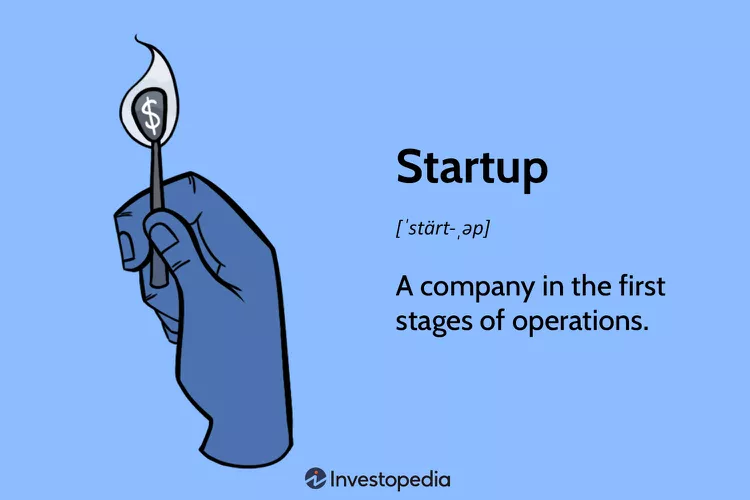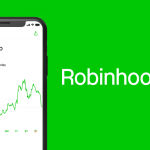The African startup scape, celebrated for its dynamic growth and entrepreneurial spirit, experienced a significant slowdown in August 2024. Following a robust July, which saw substantial financial inflows, the ecosystem witnessed a stark reduction in funding, marking a concerning yet intriguing trend in investment patterns.
A Dramatic Dip in Funding
In August 2024, African startups secured a mere $56 million in funding, a drastic drop from the $443 million recorded in July and significantly lower than the $234 million from August of the previous year. This sharp decline positions August as the second slowest month in the past four years, trailing only behind June 2024’s $42 million. The majority of the funds raised were through equity (87%), with a smaller portion coming from debt (9%) and grants (4%).
Analyzing the Impact: Top Deals and Industry Focus
Despite the overall slowdown, there were notable investments that highlighted key areas of investor interest. The largest deals included a $10 million investment from Dutch DFI FMO into Ghanaian fintech company Fido as part of its Series B round, a $9 million injection into South African energy company Solarise Africa, and an $8 million funding announcement from Nigerian fintech startup Waza, which recently emerged from stealth mode.
Understanding the Trends: Seasonal Fluctuations or Market Correction?
The variability in funding raises important questions about the nature of these fluctuations. Is the stark contrast between July and August indicative of a typical seasonal slowdown, or does it reflect a deeper, more systemic issue within the funding landscape? Moreover, the absence of any exits in August may signal a cautious or wait-and-see approach from investors, possibly influenced by broader economic conditions or the maturity of the market.
The Silver Lining: A Resilient Q3 Outlook
Despite the disappointing performance in August, the third quarter of 2024 still promises to surpass the total funding raised in the first and second quarters. This resilience underscores the inherent potential of the African startup ecosystem, which continues to attract investors thanks to its innovative solutions and significant market opportunities.
A Closer Look at Start-Up Dynamics
The number of startups that received funding in August stood at 27, well below the 12-month average of over 40. This decrease not only reflects the reduced volume of deals but also suggests a tightening of investment criteria or a more selective approach by funders. This could potentially lead to a healthier, albeit slower-growing, ecosystem where only the most viable businesses thrive.
The Role of International Investment and Local Support
The influence of international investors like the Dutch DFI FMO highlights the global interest in Africa’s growth sectors, particularly in fintech and renewable energy. However, the dependency on foreign funds also calls for an increased focus on cultivating local investors and supporting mechanisms that can sustain the ecosystem during global market downturns.
Looking Ahead: Strategies for Sustained Growth
As the African startup ecosystem navigates these turbulent times, it becomes crucial for stakeholders—founders, investors, and policymakers alike—to strategize for sustained growth. This includes fostering an environment conducive to innovation, ensuring regulatory support, and developing robust networks that can leverage both local and international capital.
Conclusion: Navigating Uncertainty with Optimism
The fluctuating funding landscape presents both challenges and opportunities. While the immediate future may seem daunting, the fundamentals of the African startup ecosystem remain strong. With strategic adjustments and continued support, there is a clear pathway toward long-term sustainability and success, ensuring that the entrepreneurial spirit of Africa not only endures but thrives.
The journey of the African startup ecosystem is one of peaks and valleys, but the overarching trajectory is one of upward growth—a testament to the resilience and potential of the continent’s innovators and entrepreneurs.
data culled from : The Big deal



















 and then
and then